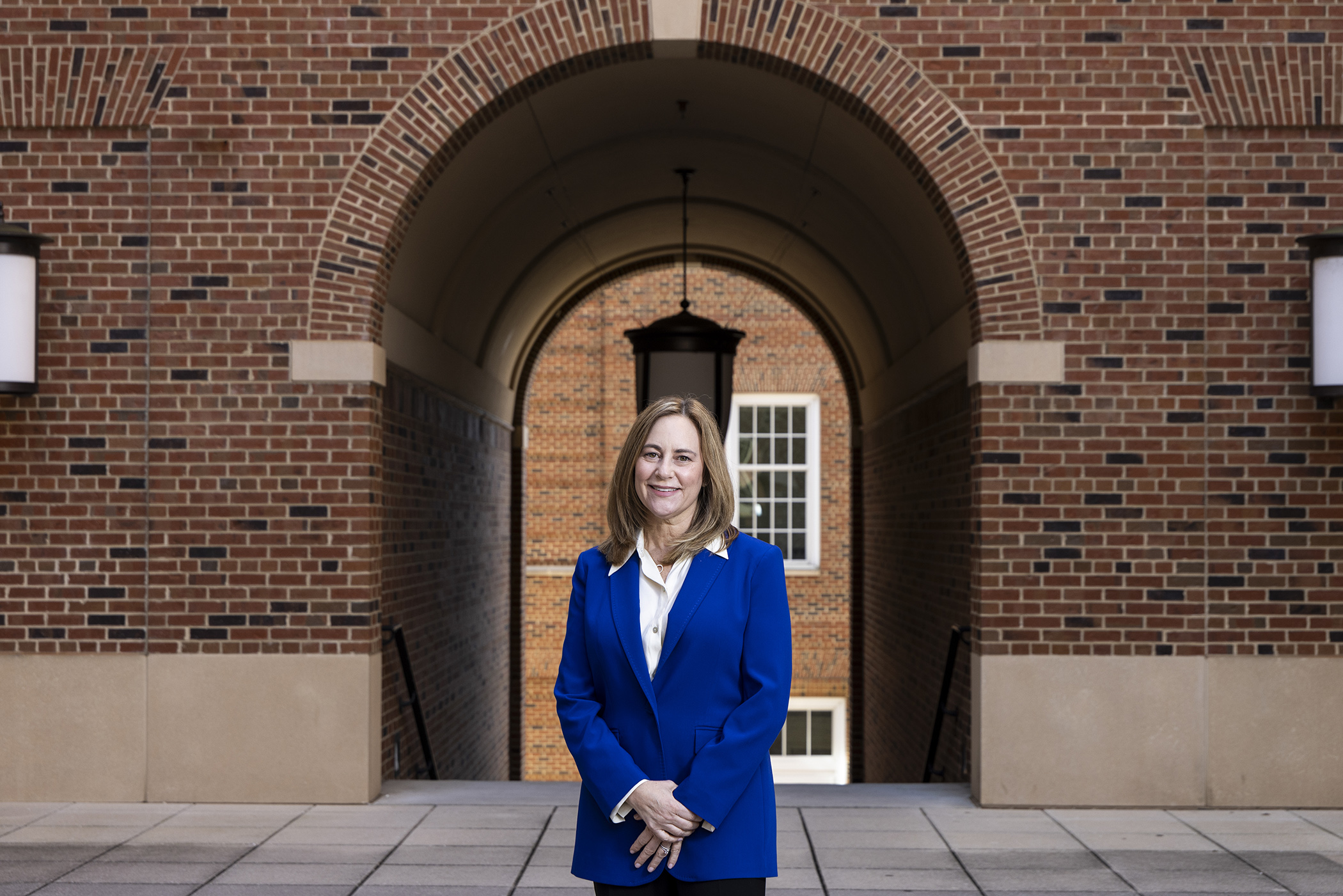Before she launched her career in research, Susan Cohen helped launch Priceline.com and watched dozens of other early internet startups attempt to lift off.
It was a great time for big, new ideas.
But some companies — such as Priceline — lasted more than two decades and helped change how America used the internet, while others — such as Pets.com — crashed spectacularly and became a poster child for dot-com boondoggles.
Cohen, now an associate professor of management at the University of Georgia Terry College of Business, wanted to know how some innovations take hold and some fold before they get started.
“I’ve always been curious about innovation,” said Cohen, who received her bachelor’s degree in mathematics from the University of Michigan and went on to get her MBA at Northwestern University and her Ph.D. in management from the University of North Carolina at Chapel Hill.
“I’m fascinated by how startups innovate, adapt, and ultimately thrive. My curiosity about new ideas and emerging trends drives my research, which bridges the fields of innovation and entrepreneurship.”
For more than a decade, Cohen has investigated the practices of successful and unsuccessful startups.
She started out wanting to study first-mover advantage — the benefit that some companies get from being the first in a particular market. Ironically, when she started her research, she found that she was too late, and there was already lot of research being done on first movers’ advantage. Much like a good entrepreneur, she had to pivot.
Today, she is a sought-after expert on startup accelerators, and why some, but not all, work.
Earlier this year, her piece “What sets successful startup accelerators apart?” was featured in the Harvard Business Review. In 2023, she presented her talk “Three things entrepreneurs should know about advice.” as part of TEDxAtlanta’s We Rise program.
Despite entrepreneurship’s outsized impact on economic growth, the mechanics of building and scaling new businesses are still not well understood, Cohen said.
“Most startups are started by a small group of people,” she said. “It’s informal. And historically, it’s been relatively private. Founders are not documenting the way they’re doing things. … There was a huge gap in what researchers have been able to study and a serious problem with survivors’ bias (because only the successful businesses were around long enough to study.)”
Short of going to live among the tech natives in shared workspaces and garages of Silicon Valley, there was not a good way to get a ground-level view of really early-stage startups.
Cohen found a way around this by conducting her research inside of accelerator programs. Accelerators — boot camp-style programs — bring together multiple startup teams for roughly three months and provide them with initial investment and other resources, advice from seasoned entrepreneurs and a structured program for refining their product, marketing strategy and investor pitch.
“Accelerators gave me a window to observe how some very early-stage companies innovate — how they take a seed of an idea and adapt, either by making sweeping changes or through lots of smaller changes that accumulate over time,” she said. “I’ve also seen that other early-stage companies do not adapt. Sometimes it’s because they already have a good strategy, but more often it’s because they are unable to learn or unable to get and apply advice or move too quickly.”
Cohen has studied different accelerator programs around the country to see if and how they make a difference in the development of new companies.
“When I started studying accelerators, I was routinely asked whether they were a fad and if they were going to last,” Cohen said. “What we found is a few accelerator programs improved outcomes for the startups, so we compared the ones that had stronger results versus those that were less effective.”
Since then, she’s also studied how entrepreneurs make advice inside accelerators and how having to constantly pitch your business idea impacts the trajectory of the new business.
“It’s important to study startups because they are the engines of innovation,” Cohen said. “Their flexibility allows them to adapt and succeed amidst uncertainty, shaping the future of industries while driving significant economic growth at both regional and national levels.”
One benefit of studying businesses as they develop is she’s helping to create best practices and guidance for new entrepreneurs starting their journeys and for accelerator programs trying to help them. She brings this to the classroom.
In addition to teaching entrepreneurship courses through the Terry MBA and Ph.D. management programs, Cohen is active in Atlanta’s startup ecosystem and mentors with Techstars, an accelerator that helped more than 10,000 entrepreneurs since its launch in 2007.
Currently, she’s working on a $400,000 grant-funded study of how Georgia’s Zell Miller and HOPE Scholarships have affected entrepreneurship rates in the state.


